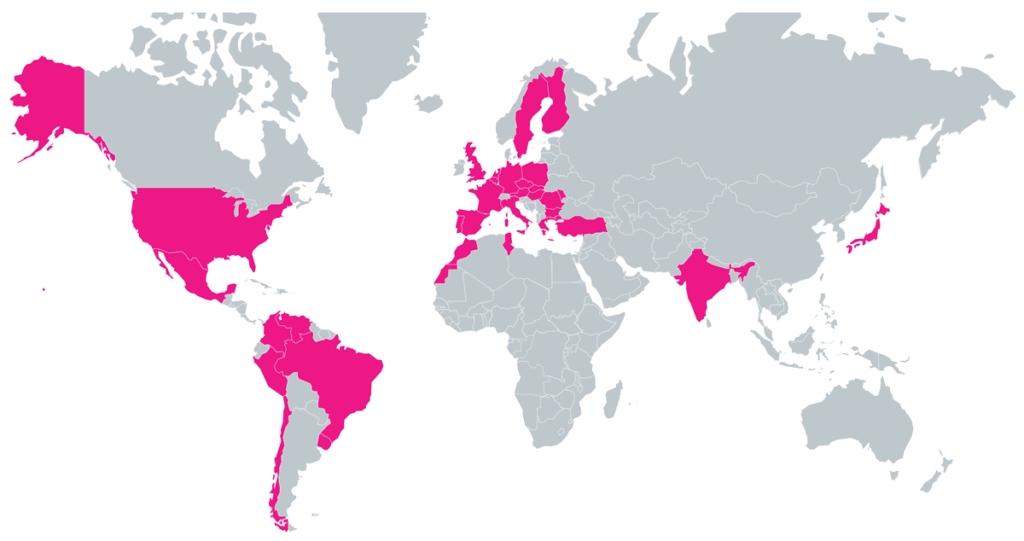Social Vouchers, whether paper or digital, are social benefits attributed to workers collectively by their employers, public or private, carrying a right to access specific goods or services that improve their working conditions and facilitate their work-life balance (such as access to food, culture, transportation, childcare, holidays…).
Such goods or services are accessible within a dedicated network of merchants and providers which is built through a contract-based relation with each merchant/provider by companies issuing social vouchers and ensuring their proper efficiency, notably by avoiding their conversion into cash.
Social vouchers, usually supported by a public policy and sustained by a national tax and/or social framework, enhance a virtuous social and economic model while stimulating local and national economy to meet a dedicated social purpose.
Public Authorities can also adapt social vouchers to distribute welfare to their citizens as an alternative to allowances in cash or in kind.
40 countries – 100 Million users

Social vouchers caracteristics
Instruments valid only in a single State provided at the request of an undertaking or a public sector entity and regulated by a national or regional public authority for specific social or tax purposes to acquire specific goods or services from suppliers having a commercial agreement with the issuer. *
NATIONAL
USE instruments valid only in a single State
REGULATED
FRAMEWORK regulated by a specific social or tax framework intended to implement a social policy
FOR LEGAL
ENTITIES provided on request of an enterprise or a public entity
ACCESS TO
SERVICES/GOODS carrying a right for an individual to receive goods or services
DEDICATED
NETWORK from suppliers having a commercial agreement with the issuer
NO
CASH which cannot be exchanged for money
* Directive (EU) 2015/2366 on payment services in the internal market, article 3k(iii): social vouchers pr esent a number of characteristics that differentiate them from payment services or E-money.
Social vouchers:
Tools to implement public policies
Food and meal vouchers:
A social tool with positive economic impacts
Eco vouchers:
a social tool to incentivize sustainable consumption
